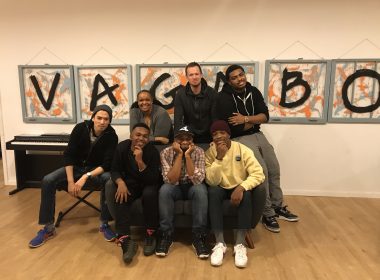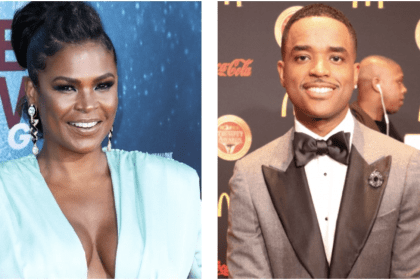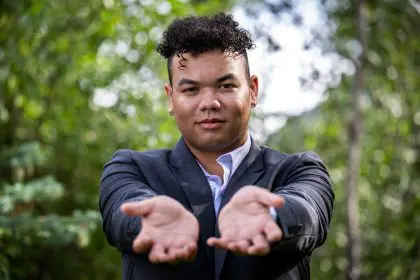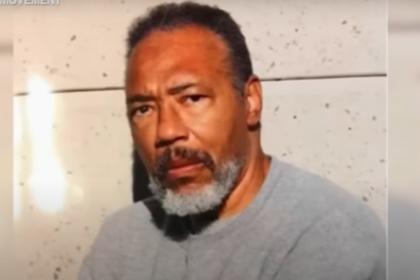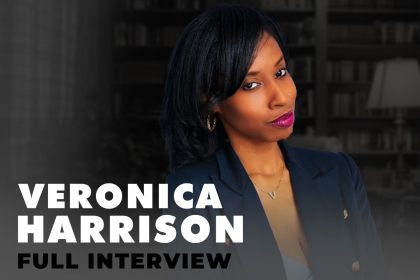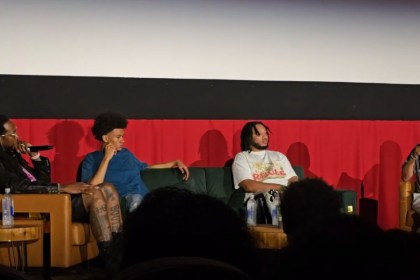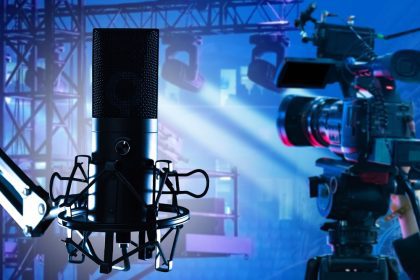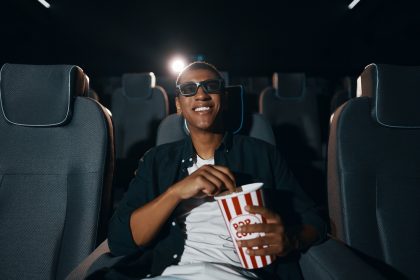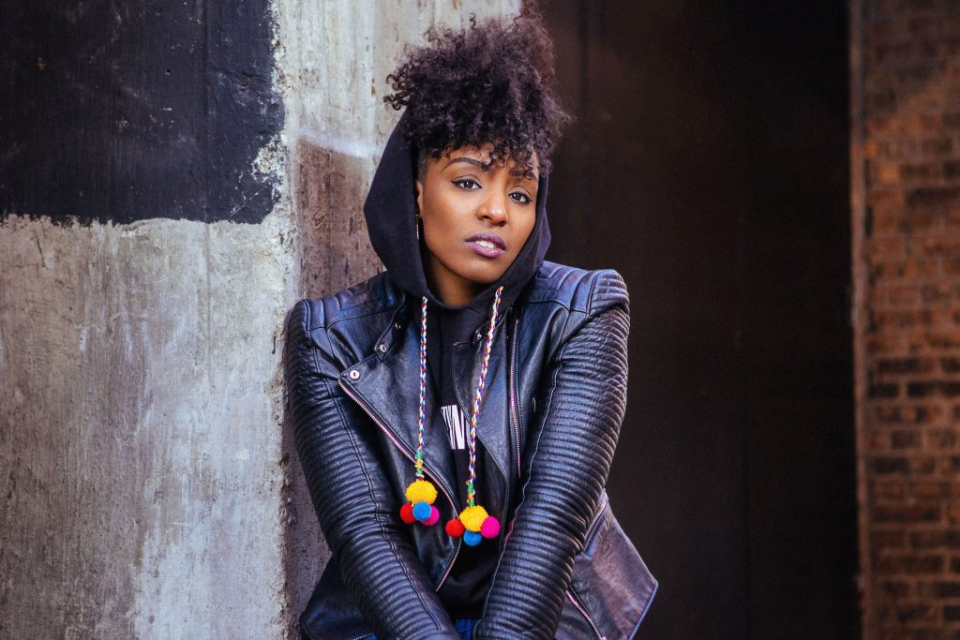
As the light of Black women continues to shine brightly in Hollywood, big business and all over the world, a crop of phenomenal talent is emerging. These women are skilled, poised and dynamic. Chicago filmmaker Sanicole embodies all of those traits. She is chock-full of superpowers that can be witnessed in her body of work. Her work is sublime, unrelenting and deliberate. We spoke with Sanicole recently about her latest film, Training Wheels, her top five filmmakers and what her superpower is.
How did you start making films?
I started back in high school. I was always drawn to films as a kid. I would watch them over and over again, trying to understand how filmmakers use certain techniques. Finally, my godmother bought me a video camera for graduation, and it went from there. Once I got to Columbia College Chicago, I knew I was in the right place but I was still trying to find my niche in the craft. At the time, everybody was majoring in directing and I wasn’t extremely confident in that area. Plus, no one in my film classes looked like me, usually, I was the only girl or the only Black person. That reality was tough to deal with and it was often lonely but I managed to continue on.
I was very young, hungry to create and being outnumbered wasn’t reason enough to stop me.
Talk about what it means to be a Black filmmaker who is a woman?
It’s necessary. It’s now. Our perspective as Black female directors is important. The fight to get our stories told by us still continues but I’m grateful to stand on the shoulders of many black women who have broken barriers for us all. There’s a strong need for controlling the narrative, a story told through the voice and character of a Black woman. We know ourselves, we know our truth, so we have a duty to show and tell it accordingly. The world is late on the “Black female director,” we didn’t just come around, we’ve been around.
What hurdles would you say exist for Black women in this field that may not exist for other groups?
We experience every hurdle that comes with making a film along with being female and black. The film industry has always been predominantly White and male, so that does play a part in things becoming a bit more challenging. The work comes with its hurdles but if you’re in a position as “director” and you’re working with people who don’t respect or are not used to a Black female director running production, you may experience some resistance. Or when you’ve made the film and you’re trying to shop it around to festivals that are not likely to select a story with your narrative, it can be frustrating. That’s why it’s important to work and get in front of the right people, people who respect you as an artist, people who believe in your work.
What is Black girl magic?
Black women on the rise to excellence is what Black girl magic is. It’s being a tenacious black woman, regardless of the task. It’s been a confidence builder for me personally. It’s a movement. It’s believing Black girls can do the impossible in any system that is not built for us. Black girl magic is sublime.
When you look at the success of a film like Black Panther how do you think that will inform your work?
Black Panther is proof of the possibilities and it’s a win for us all. It’s the inspiration needed to go harder, study harder, work harder and put out the best project that you possibly can because there’s an audience out there somewhere waiting for it.
What projects are you working on now?
My latest film project is titled Training Wheels. It’s a story about a little girl that uses her telepathy powers to bring her dad back home. The creative journey for this project has been incredible and I can’t wait to release it to the world. This is the first project I invested my own money in and I was grateful to have some heavy hitter executive producers like Lil Rel Howrey and Kevonstage who believed in it and helped push it further. We also had a phenomenal cast and crew who made the project that much more special. There’s content being made about our city every day so it’s important for me to present Training Wheels as a different Chicago narrative. Right now, we’re entering the festival circuit, we’ll have an official release date later this year.
Name your top five filmmakers who are women and why?
I love Ava DuVernay, she’s used her success to open a line for black female directors in film which is extremely powerful. I’m also lead to believe that anything Debbie Allen touches will shine. I’ve admired Gina Prince-Bythewood for quite some time. I was in love with “Love & Basketball” as we all were but there’s a thoughtfulness to her filmmaking that I enjoy. Beyonce! It’s amazing how she views Art. The direction and input on her visuals is just as powerful as her music. Last but not least, I have a strong eye on Regina King.
What stories do you feel are important to tell?
The greatest stories, in my opinion, are the ones that make you think. I strive to give audiences a deeper perspective on a story that inspires a greater thought process. Personally, I thrive in life when I’m enlightened by it. Enlightening is key.
As a Black woman, what do you consider your superpower to be?
God. He’s the source of my strength every day.
What key skills or qualities make you unique as an African American female leader?
Strength and love are shown to me every day, therefore I possess it and I give it back.
What words of encouragement do you have for those looking to follow in your footsteps?
Don’t follow in my footsteps. Every path is different, every journey is unique. … I [would] encourage anyone in filmmaking to do the work, study the work, fail a million times and start over again. There’s a unique motivation in failing, it really does wake you up.
Check out the trailer for Training Wheels below


